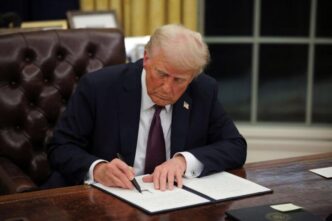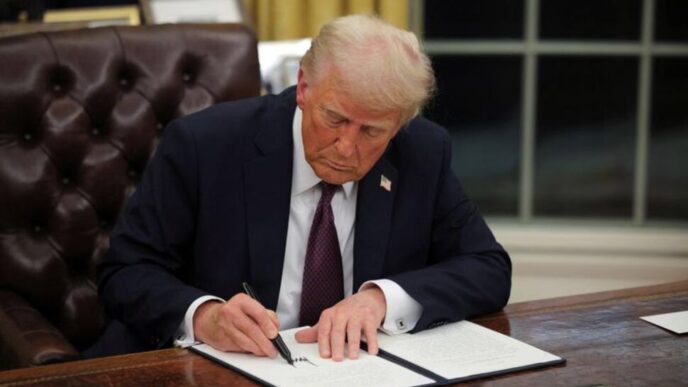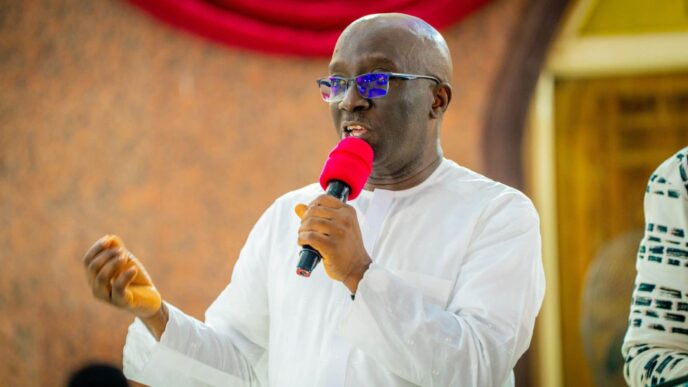The Centre for the Promotion of Private Enterprise (CPPE) has called on the federal government to strengthen social protection programs to cushion the impact of ongoing economic reforms on vulnerable Nigerians, even as the economy shows early signs of stabilization.
Gatekeepers News reports that in a policy commentary marking Nigeria’s 65th independence anniversary, CPPE Chief Executive Officer, Dr. Muda Yusuf, noted that the government’s reforms — including exchange rate unification, fuel subsidy removal, and tax adjustments — have imposed “short-term pain” through high inflation and weakened household purchasing power.
“These measures have imposed short-term pain — high inflation and reduced household purchasing power — but early signs of macroeconomic stabilization are emerging,” CPPE said.
Yusuf stressed the need to complement reforms with measures that directly support citizens.
“To sustain reform momentum, these measures must be complemented by targeted social protection programs, cash transfers, food security interventions, and job-creation initiatives, to shield vulnerable households and maintain public support,” he said.
Nigeria at 65: Resilience and Untapped Potential
Reflecting on Nigeria’s economic history, Yusuf described the nation as resilient but marked by “missed opportunities and untapped potential.”
“The current reform agenda presents a rare opportunity to reset the economy on a path of stability, competitiveness, and shared prosperity. Seizing this moment will require consistent policies, institutional strengthening, and a deliberate effort to ensure that economic growth translates into improved living standards for citizens,” he noted.
Yusuf warned that persistent macroeconomic instability continues to undermine growth.
“The naira’s dramatic depreciation, from being stronger than the U.S. dollar in the 1970s to N1,600/$ in 2024, has eroded purchasing power, raised production costs, and discouraged investment. Rising public debt and unsustainable debt-service-to-revenue ratios have constrained the fiscal space, limiting governments’ capacity to fund critical infrastructures,” he said.
To address these challenges, CPPE recommended credible monetary policies to restore currency stability, boosting non-oil exports to expand foreign exchange supply, plugging fiscal leakages, improving efficiency in public spending, and raising non-oil revenue without stifling private enterprise.
“The good news is that the economy is beginning to experience a remarkable degree of stability over the last year,” CPPE added.













